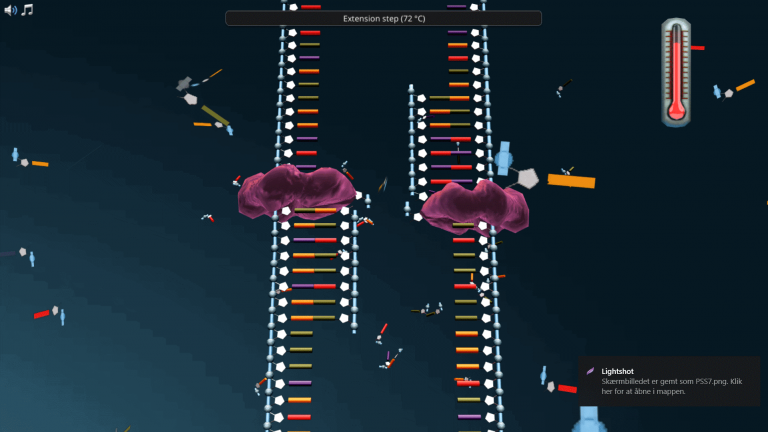Labster simulations for online laboratory teaching during the pandemic at ICS
16 February 2021

The UCL Institute of Cardiovascular Science offers a wide range of teaching opportunities for students through its taught (MSc and iBSc Cardiovascular Science) and research (PhD and MDRes) programmes. The current pandemic and the restrictions it has imposed on academic activities have had a particularly severe impact on laboratory teaching and research. Even though in the last year online teaching has remarkably compensated for the lack of face-to-face teaching sessions, laboratory practical sessions cannot be easily substituted with online material.
In response, to support remote teaching based on laboratory and practical education at ICS, we have introduced Labster resources to our teaching programmes. Labster is an online platform that offers fully interactive advanced laboratory simulations of a wide range of science topics. As a pilot project led Dr Petros Syrris, ICS is now offering a range of Labster simulations covering widely used molecular laboratory techniques including cell culture, polymerase chain reaction (PCR) and gel electrophoresis. Real-life case scenarios allow students to virtually interact with lab equipment, perform various experiments and consolidate their learning with theory and quiz questions.
Our students now have an excellent opportunity to participate in the virtual laboratory sessions of their choice, compensating at least partly for limited exposure to wet labs this year. Such engagement with scientific experiments using 3D animation has a number of advantages, as it introduces students to new concepts and methods currently unavailable in physical laboratories. It will also help students become familiar with the underlying theory, principles and protocols of key techniques followed by practice using interactive scenarios.
Initial feedback has been positive and one student has commented that “a very good aspect of Labster was the fact that students can learn from trial and error virtually, something that is not always practical in a physical laboratory setting.”
Incorporation of Labster simulation in the ICS teaching is anticipated to have a positive effect on the remote learning experience of our students and be especially useful in ICS taught modules that rely on laboratory sessions such as CARD0005: “An introduction to molecular laboratory methods in cardiovascular research” and CARD0010: “Fundamental genetic laboratory methods in cardiovascular research”. Both are key modules on our teaching programme as they offer students the opportunity to practise key fundamental molecular laboratory methods and can serve as a preparatory stage to the Research Project module.
For 2021-22, if social distancing in physical labs remains necessary, online laboratory simulations can play a significant part in ICS education. However, even when the pandemic is over, the team at ICS plans to maintain and enhance online resources for laboratory activities by exploring additional simulation packages and interactive resources which can also complement and enrich physical laboratory practicals.
 Close
Close

